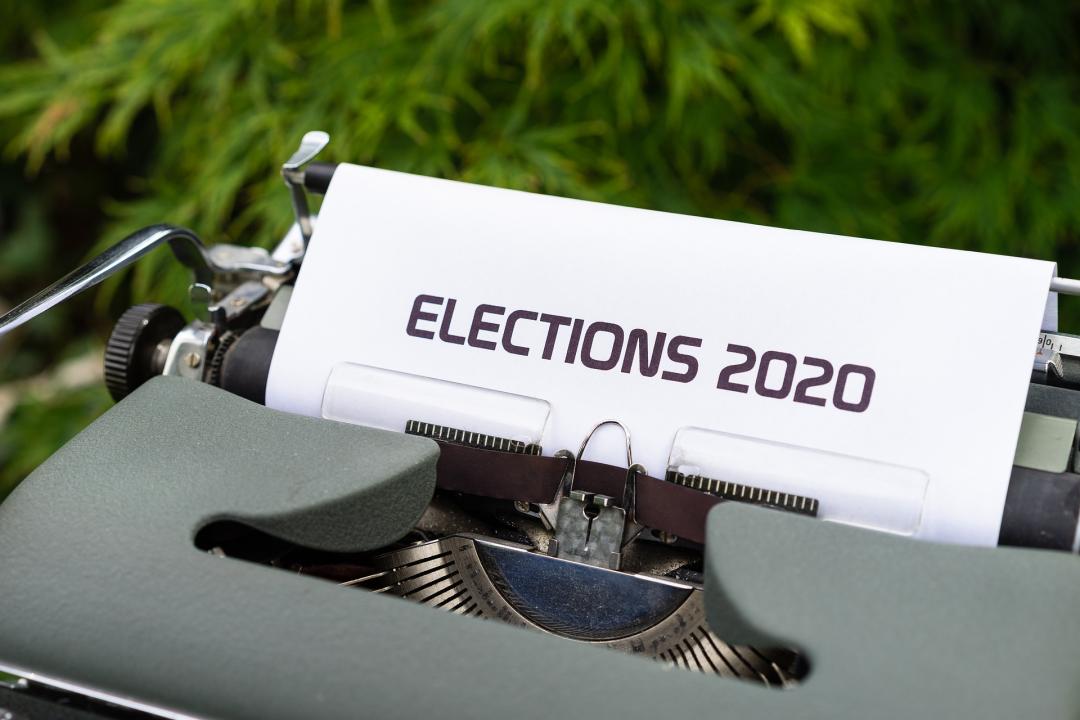
Georgian elections 2020: UNM names majoritarian candidates; EU study on media coverage

On 24 September, the opposition United National Movement (UNM) party nominated their majoritarian candidates for Georgia’s upcoming elections. In Tbilisi the UNM candidates were: Nika Melia, Katai Dekanoidze and Levan Khabeishivili, while Grigol Vasahdze was nominated as the majoritarian candidate in Kutaisi. Other notable candidates included Davit Kirkitadze in Rustavi and Gardabani, Azer Sulimanov in Marneuli, Levan Varshalomidze in Batumi, Malkhaz Jalaghonia in Zugdidi, Bondo Tevdoradze in Kobuleti, Badri Basishvili in Gori and Kaspi electoral districts.
After the publication of the UNM list, the “Strength in Unity” opposition bloc nominee for the Prime Minister spot and current chair of Ukraine’s National Reforms Council Mikheil Saakashvili stated that he sees himself as the head of an interim government after the elections in Georgia. “I am sure that the party has the potential to win the majority of votes in the parliamentary elections and form a government through cooperation with other parties,” he stated in regard to UNM’s list. Saakashvili also emphasised that the UNM was in consultations with the “European Georgia” opposition party and that the UNM even offered “European Georgia” the option to nominate a candidate for the parliament speaker’s post from their party. “There should be additional consultations for the candidate for premiership. My candidacy was raised for none of the posts. However, the European Georgia refused the offer,” Saakashvili added.
Meanwhile, the OSCE Office for Democratic Institutions and Human Rights (ODIHR) officially opened its mission in Georgia for the upcoming elections. The mission is led by Ambassador Jillian Stirk and consists of a core team of 13 experts based in Tbilisi and 27 long-term observers, who will be deployed throughout the country from 1 October. In addition, ODIHR plans to request OSCE participating states to send 350 short-term observers, who will arrive several days before election day. The mission will assess whether the elections are held in line with OSCE commitments and other international obligations and standards for democratic elections, as well as with national legislation. Observers will closely monitor fundamental aspects of the elections such as voter registration, campaign activities, the work of the election administration and relevant government bodies, election-related legislation and its implementation, and the resolution of election-related disputes. The mission would also monitor media coverage of the campaign.
On the topic of media coverage in the country, the EU and the United Nations Development Programme (UNDP) released their study on the current state of affairs of the media coverage in the pre-election period. “Media coverage of the Georgian political landscape has expanded to cover a wider range of political parties and actors than in past elections. However, the monitoring also showed that media coverage is largely shaped by the political agendas of the contending forces, focusing on only a few issues and failing to provide in-depth information on topics of potential public interest,” the report noted. “Unverified information sources and discriminatory language remain an issue in the printed press, whereas abusive and discriminatory language is used rarely in online media. Gender stereotypes are noted in all types of media, except for radio. Online editions still fail to differentiate clearly between paid and editorial content and rarely offer their readers a critical analysis of the electoral process. TV stations lead in sharing their news through social networks, reaching much wider audiences than other sectors. All TV stations are covering foreign actors in the context of Georgian elections, often providing controversial assessments of their influence. Most of the air time is devoted to the Russian Federation and the United States,” the report added.
See Also


Simonyan: “Armenia Should Trade with Turkey and Azerbaijan Instead of Closing Borders”

Mirzoyan Meets US Deputy Assistant Secretary Joshua Huck

Azerbaijani President Holds Talks with UAE and German Business Delegations on Economic Cooperation

Grigoryan Confirms Armenia’s Readiness to Dissolve OSCE Minsk Group Upon Peace Treaty Signing

